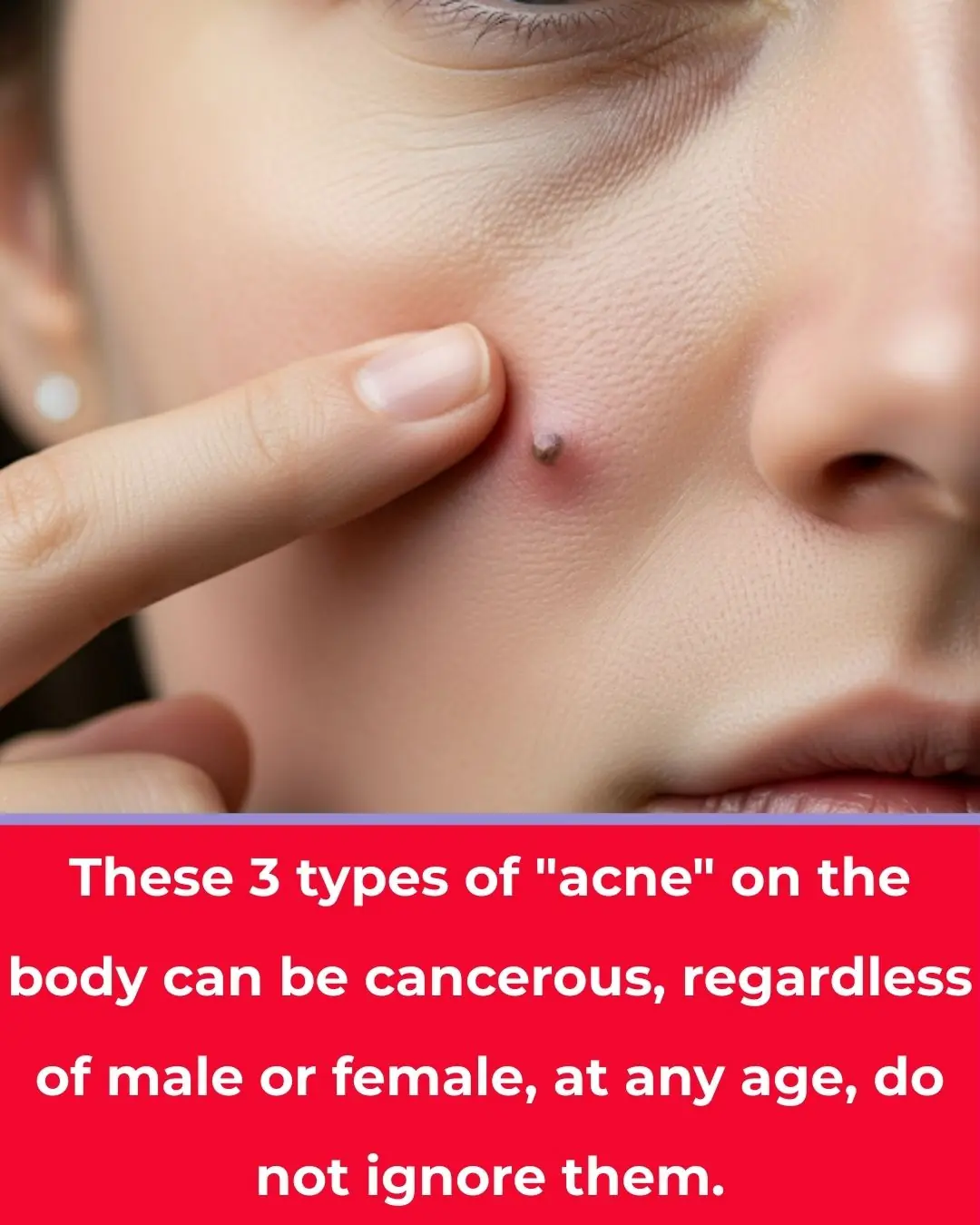
10 Warning Signs of an Autoimmune Disease and How to Reverse It
10 Warning Signs of an Autoimmune Disease and How to Reverse It
Autoimmune disease is a complex condition where the immune system, which is meant to protect the body, mistakenly attacks healthy tissues. There are over 80 different types of autoimmune diseases, including rheumatoid arthritis and multiple sclerosis, and their symptoms can vary widely in type and severity.
Understanding the warning signs and potential triggers is key to managing these conditions.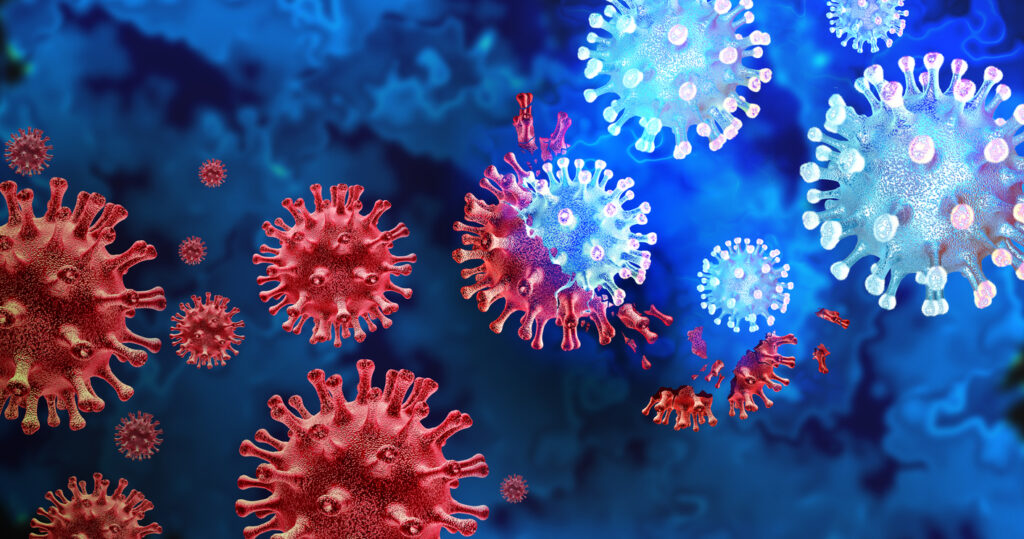
10 Warning Signs of an Autoimmune Disease
Many autoimmune diseases share common symptoms that are often general and easy to dismiss. However, if you experience a combination of these signs, it could be a warning that your immune system is overactive.
-
Unexplained Weight Changes: Gaining or losing a significant amount of weight without any change in diet or exercise is a common early sign.
-
Persistent Joint or Muscle Pain: You may feel sore or stiff without having done any strenuous activity. This pain can be a dull ache or sharp, recurring discomfort in your joints.
-
Brain Fog: A feeling of mental fogginess, difficulty concentrating, or a noticeable decline in memory can be linked to autoimmune conditions like multiple sclerosis.
-
Recurring Skin Breakouts: Unexplained rashes, hives, or itchy spots that appear in sudden bursts and are sometimes triggered by sun exposure or certain foods.
-
Chronic Fatigue: Feeling constantly tired, even after a good night's sleep, is a hallmark symptom of many autoimmune diseases.
-
Dryness: Unexplained dryness in your eyes, mouth, or skin is a common sign.
-
Numbness or Tingling: A sudden loss of feeling or random tingling sensations in your hands, feet, or other parts of your body.
-
Blood Clots or Miscarriages: More serious symptoms can include unexplained blood clots, which may lead to severe health issues. Recurring miscarriages can also be linked to certain autoimmune conditions.
-
Hair Loss: Autoimmune diseases like alopecia areata directly attack hair follicles, causing patches of baldness.
-
Digestive Trouble: Symptoms such as persistent abdominal pain, bloating, or changes in bowel movements (including blood in the stool) can indicate an autoimmune response in the gut.

How to Manage and Potentially Reverse Autoimmune Disease
While there is no single cure, there is strong evidence that managing your lifestyle and identifying specific triggers can help control and even reverse the symptoms of autoimmune disease.
According to the National Institute of Environmental Health Sciences (NIEHS), autoimmune diseases are often the result of a combination of genetic and environmental factors. By taking control of the environmental factors, you can put the power of prevention in your own hands.
Here's how to begin:
-
Consult a Doctor: If you have persistent symptoms, the first and most crucial step is to see a medical professional. They can provide a definitive diagnosis and help you create a specific plan. A blood test can reveal elevated levels of an enzyme called creatine phosphokinase (CPK), which is often a sign of an autoimmune disorder.
-
Identify and Eliminate Triggers: Pay attention to what might be causing your symptoms to flare up. Common environmental triggers include:
-
Significant exposure to sunlight (UV radiation).
-
Chemicals in solvents, paints, and cleaning supplies.
-
Smoking.
-
Consuming highly inflammatory foods like gluten, sugar, and processed foods.
-
-
Adjust Your Diet: Many experts recommend an anti-inflammatory diet. This involves removing inflammatory foods and eating more foods that have anti-inflammatory properties, such as leafy greens, fatty fish, nuts, and berries.
-
Moisturize Your Skin: For skin-related conditions like psoriasis, keeping your skin moisturized is crucial. Daily application of lotion, especially after a shower, can help protect your skin and prevent flare-ups.
It is important to remember that most individual symptoms are not a definitive sign of any single disease. However, if you have a combination of these symptoms, don't ignore them. By working with your doctor to find the root cause, you can take control of your health and improve your quality of life.
News in the same category

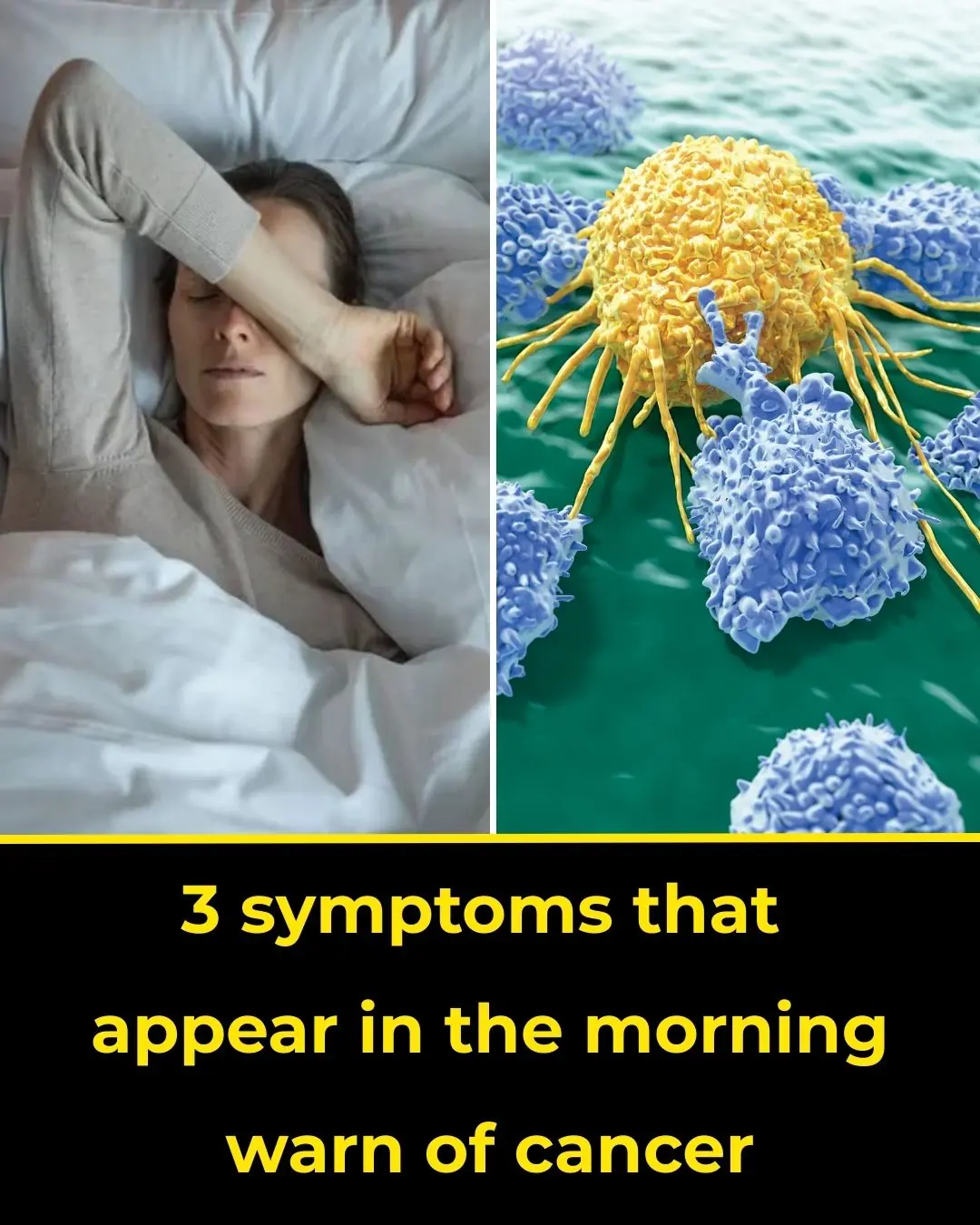
🌅 Three Morning Symptoms That Could Be Early Warning Signs of Cancer

Woman shares ’embarrassing’ symptoms she regrets hiding from doctors as she’s diagnosed with incurable cancer

They say the eyes are the windows to the soul — but what about the mind’s eye?
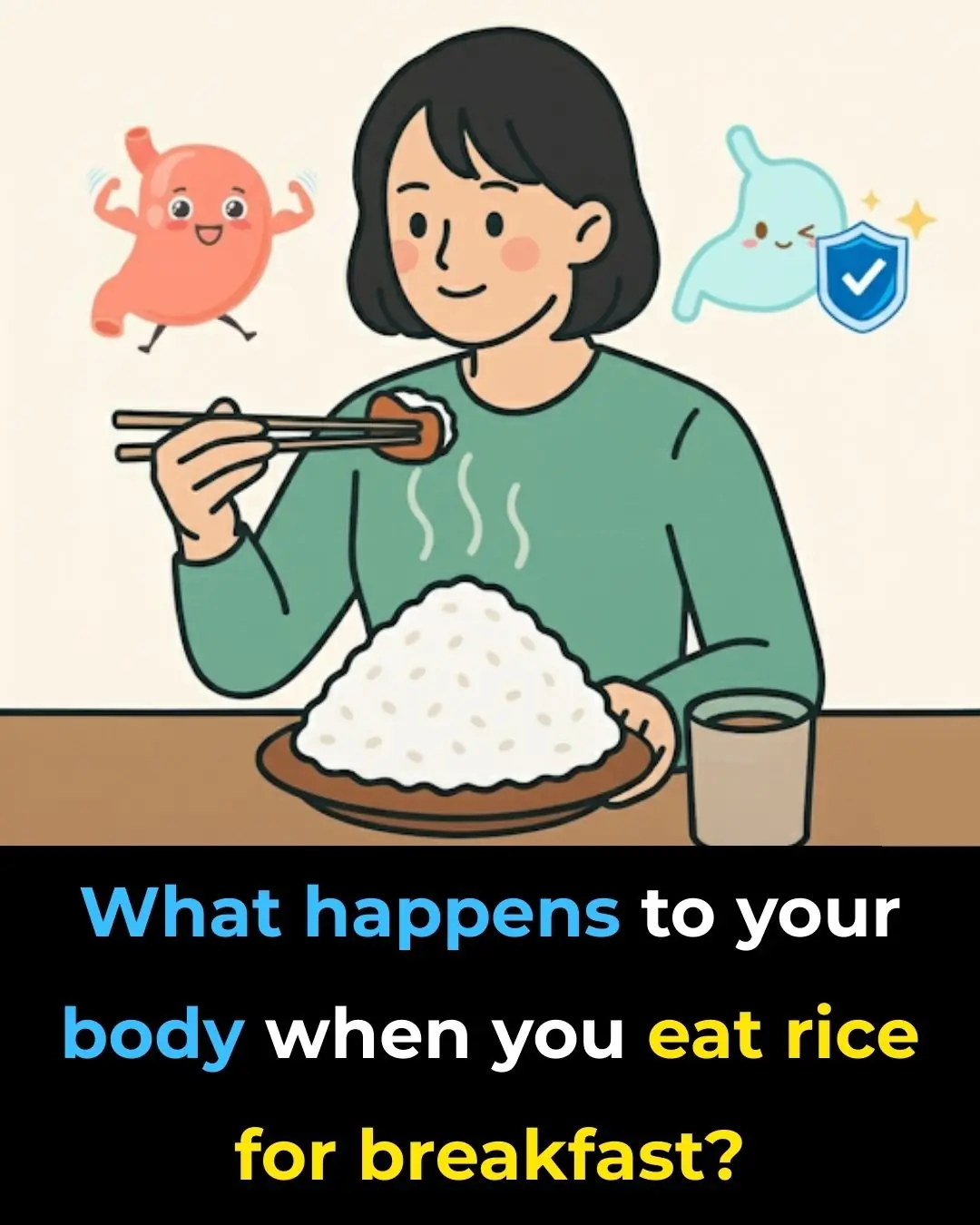
Should You Eat Rice for Breakfast

Japan has a Lower Rate of Breast Cancer than the U.S. – This Nutrient Makes the Difference
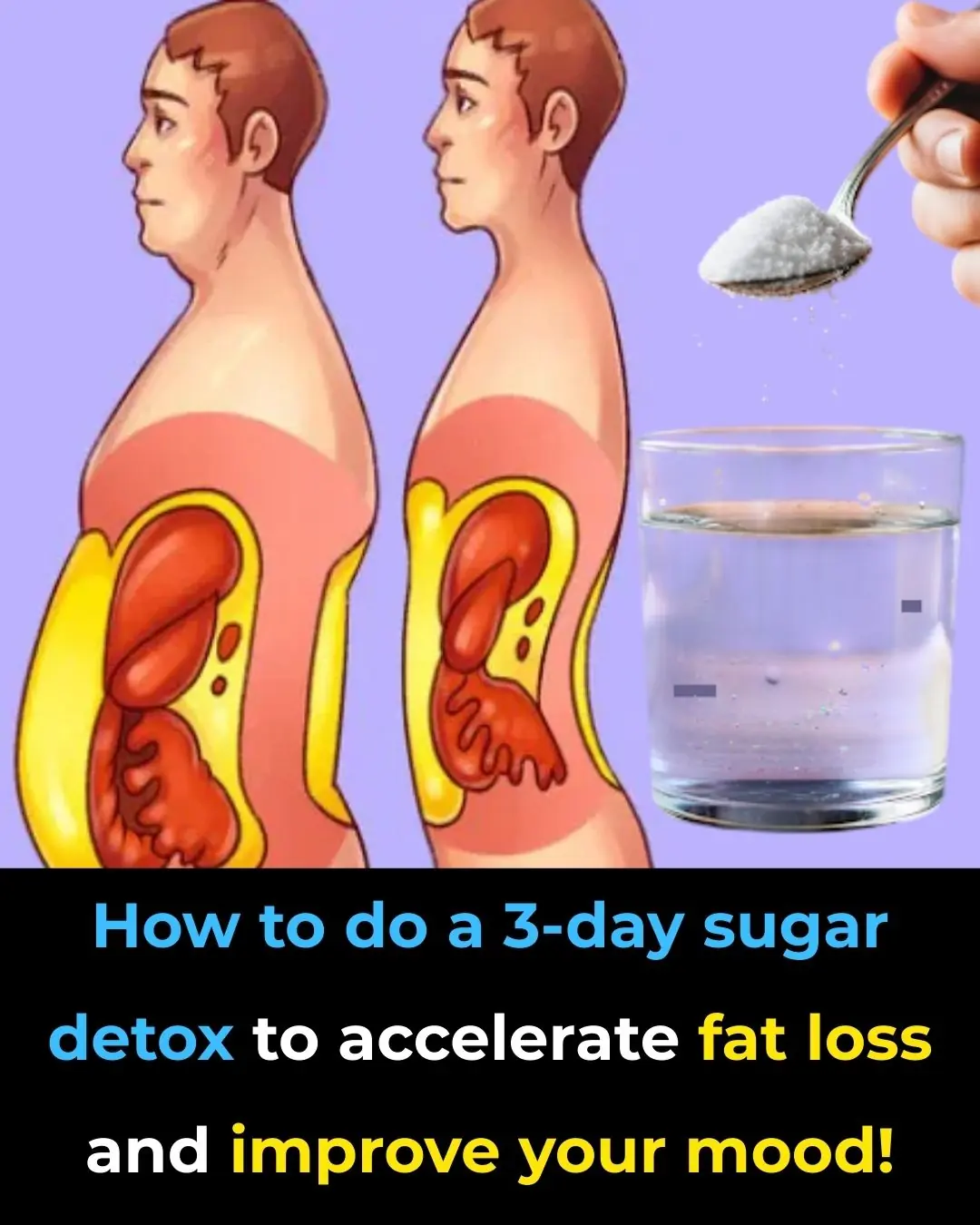
How To Do a 3-Day Sugar Detox to ACCELERATE Fat Loss And Improve Your Mood!
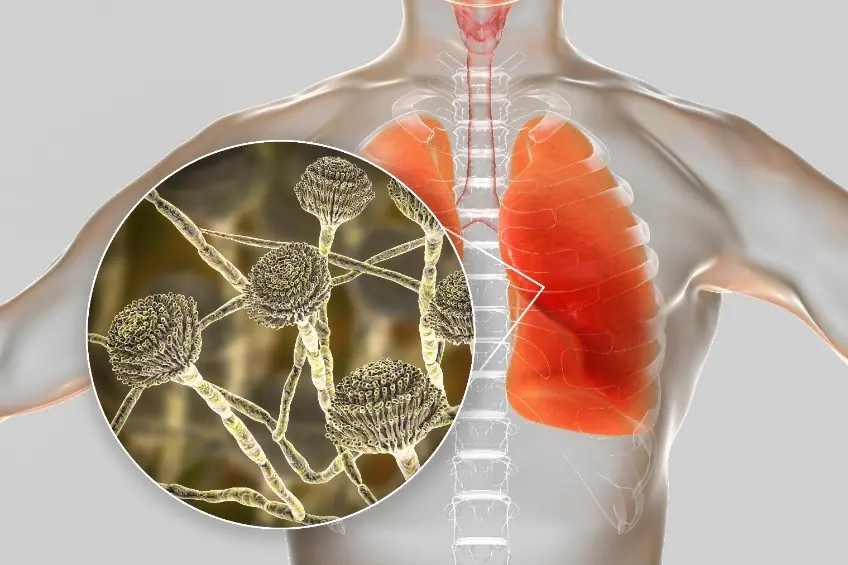
10 Early Warning Signs You're Being Exposed to Mold Toxicity
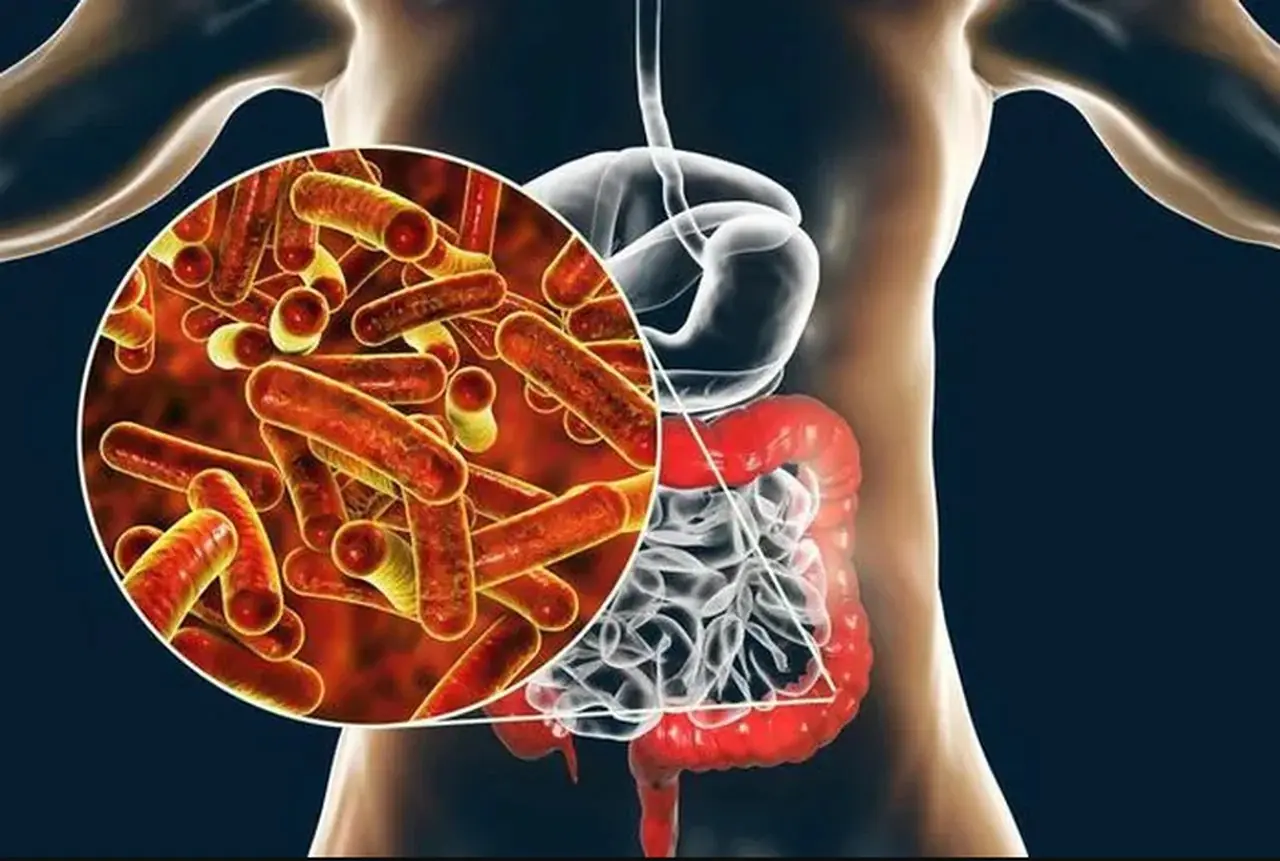
The Ten Foods You Should Start Eating Now to Cleanse Your Colon

Stop Doing These Habits and Prevent 80% of Heart Attacks
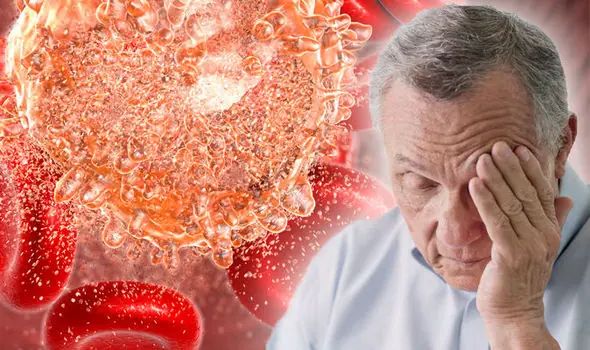
3 Early Morning Symptoms That Could Signal Cancer
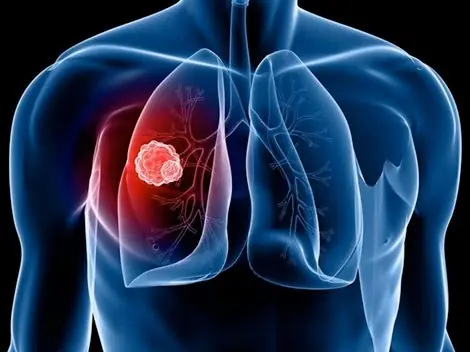
If You Notice These 7 Symptoms, Get Checked for Lung Cancer Immediately

A Man Dies After Eating Leftovers: 5 Foods You Should Never Eat as Leftovers
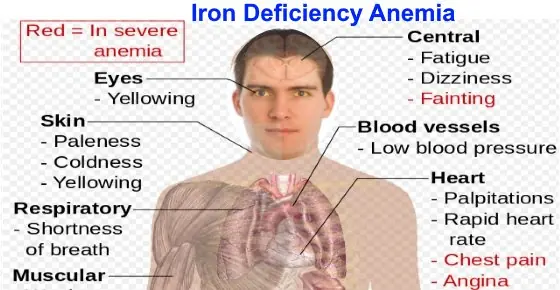
Top Signs of Iron Deficiency and How To Increase Iron Levels In Your Blood

How to Get Rid of Worms in Humans (Including Parasite Cleanse Diet)
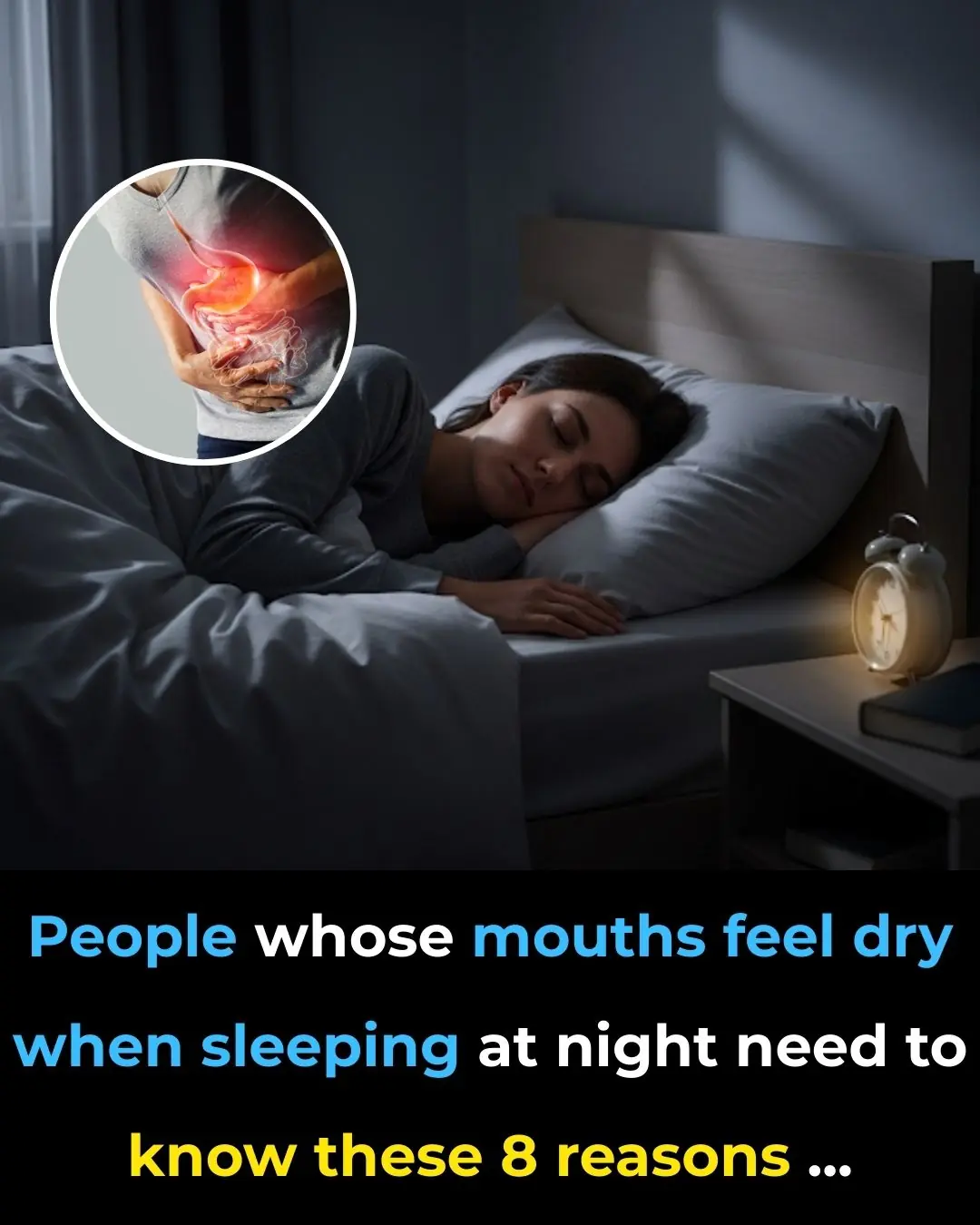
Why You Might Be Waking Up With a Dry Mouth
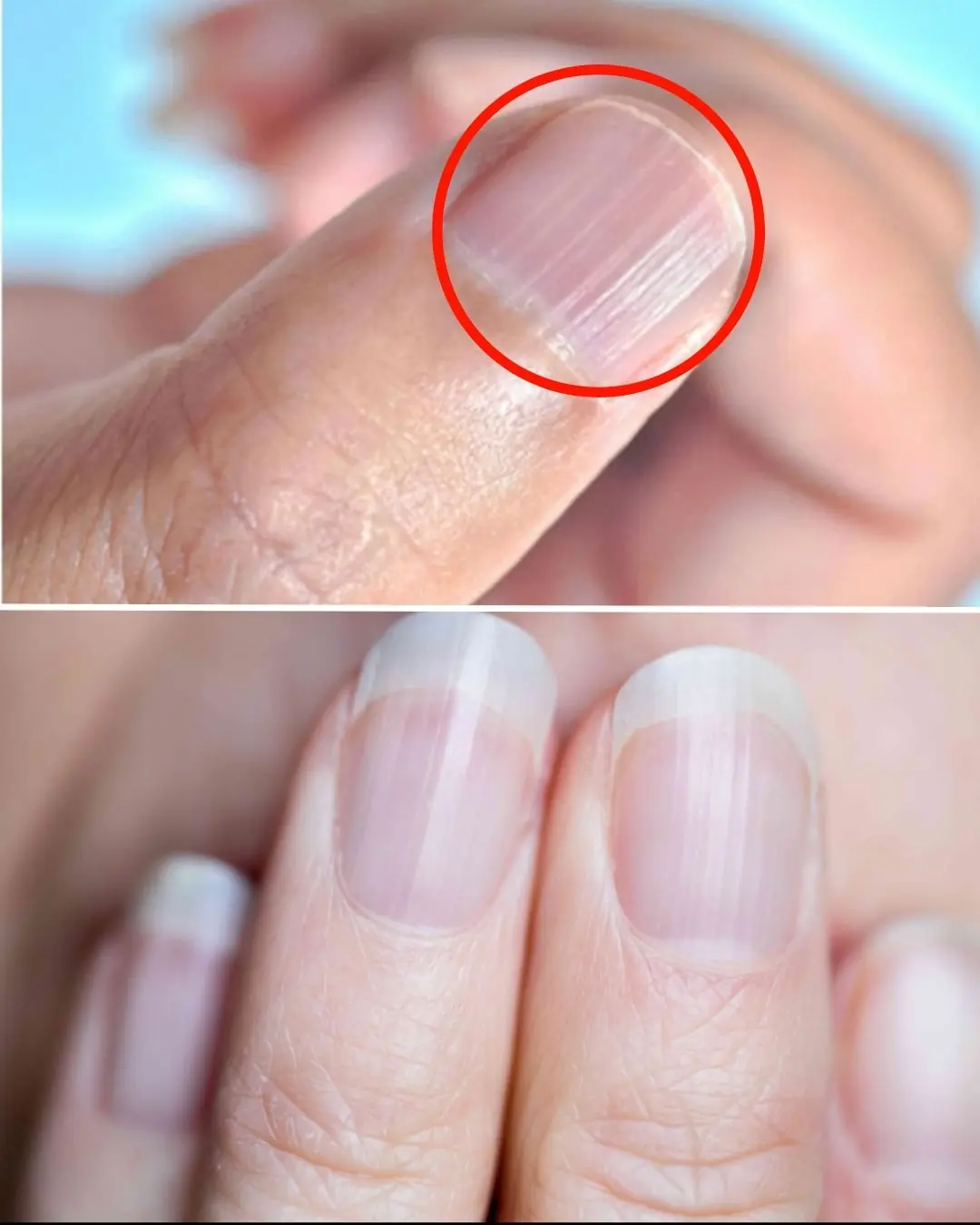
What Do Vertical Nail Ridges Mean After 40

Could OTC Remedies Really Work for Depression?
News Post

Seniors: Take This for 5 Nights and See What Comes Out in Your Stool!
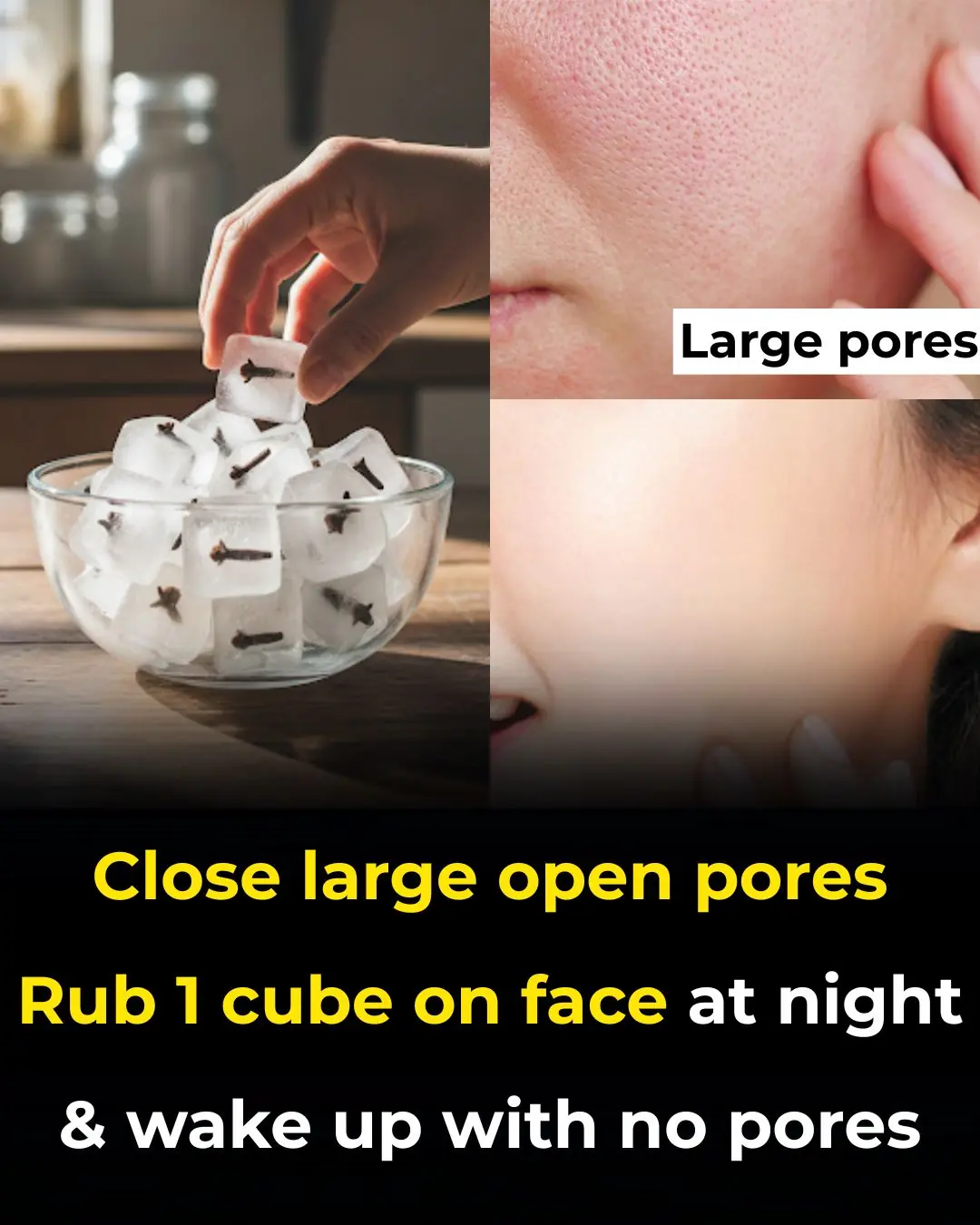
Clove benefits for Skin – Clove Oil, Clove Gel & Clove ice cubes

The Surprising Benefits of Overnight Tea: A Wasteful Habit You Might Not Know About

How to Clean Limescale Off Your Faucet in Just 25 Seconds with a Simple Trick

How to Clean Your Air Conditioner Easily in Just 15 Minutes — No Technician Needed, Even Women Can Do It Effortlessly

How to Keep Your Non-Stick Pan as Good as New for 3 Years: Simple Tips and Tricks

Using Electric Kettles to Boil Water: 9 Out of 10 Households Make This Mistake — Remind Your Loved Ones to Fix It Early

These 3 types of “acne” on the body could be cancerous; whether male or female, no matter the age, don’t ignore them.

Why Some People Can’t Handle Spicy Food

The hidden meaning of thumb rings: what they represent for women vs. men

The Small Hole on the Sink: A Feature You Never Knew You Needed

🌅 Three Morning Symptoms That Could Be Early Warning Signs of Cancer

Woman shares ’embarrassing’ symptoms she regrets hiding from doctors as she’s diagnosed with incurable cancer

Concerned Woman: Beware of Abandoned Prams on Roadsides!
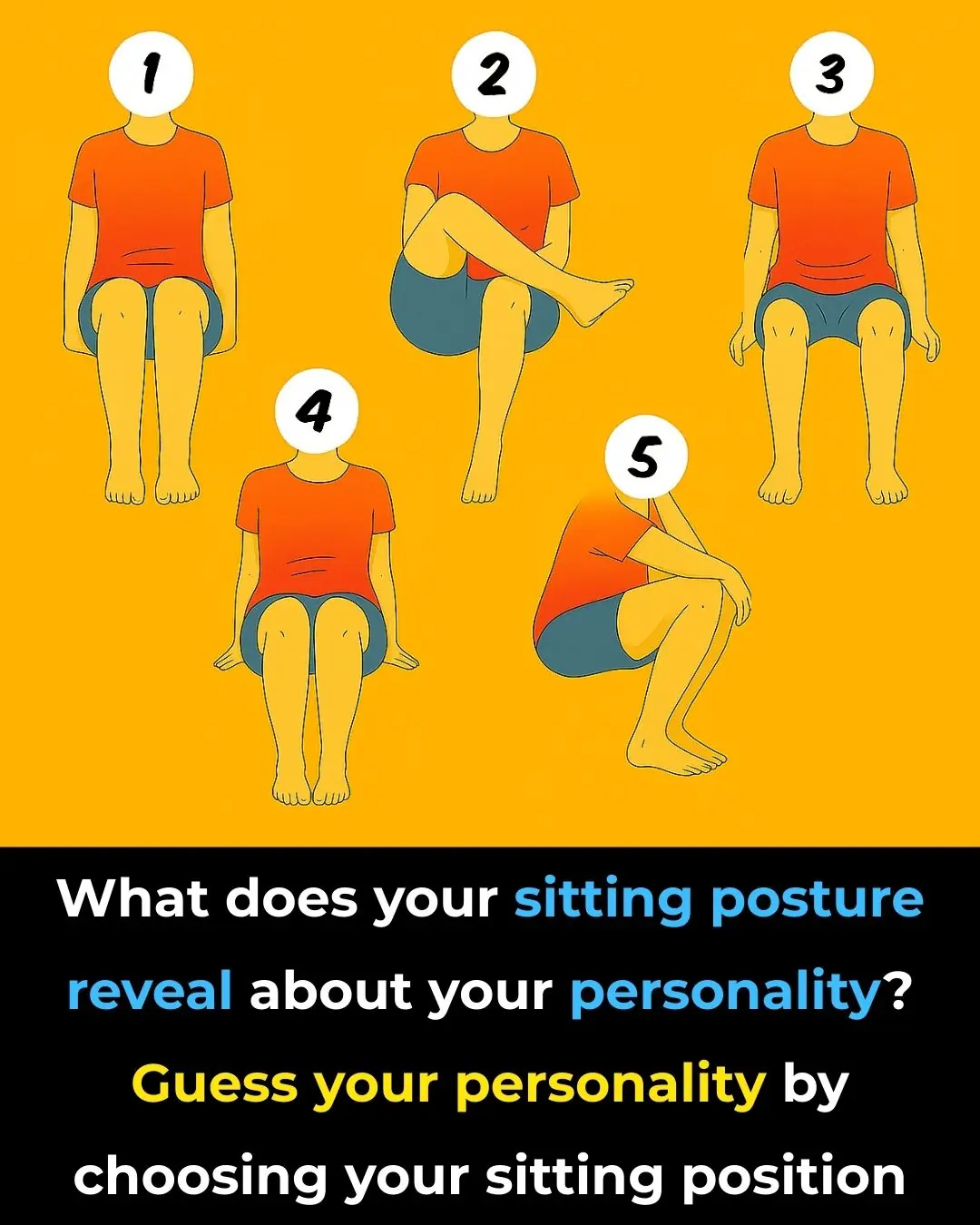
Your Character According to Your Sitting Style

They say the eyes are the windows to the soul — but what about the mind’s eye?

Should You Eat Rice for Breakfast

Japan has a Lower Rate of Breast Cancer than the U.S. – This Nutrient Makes the Difference

How To Do a 3-Day Sugar Detox to ACCELERATE Fat Loss And Improve Your Mood!
